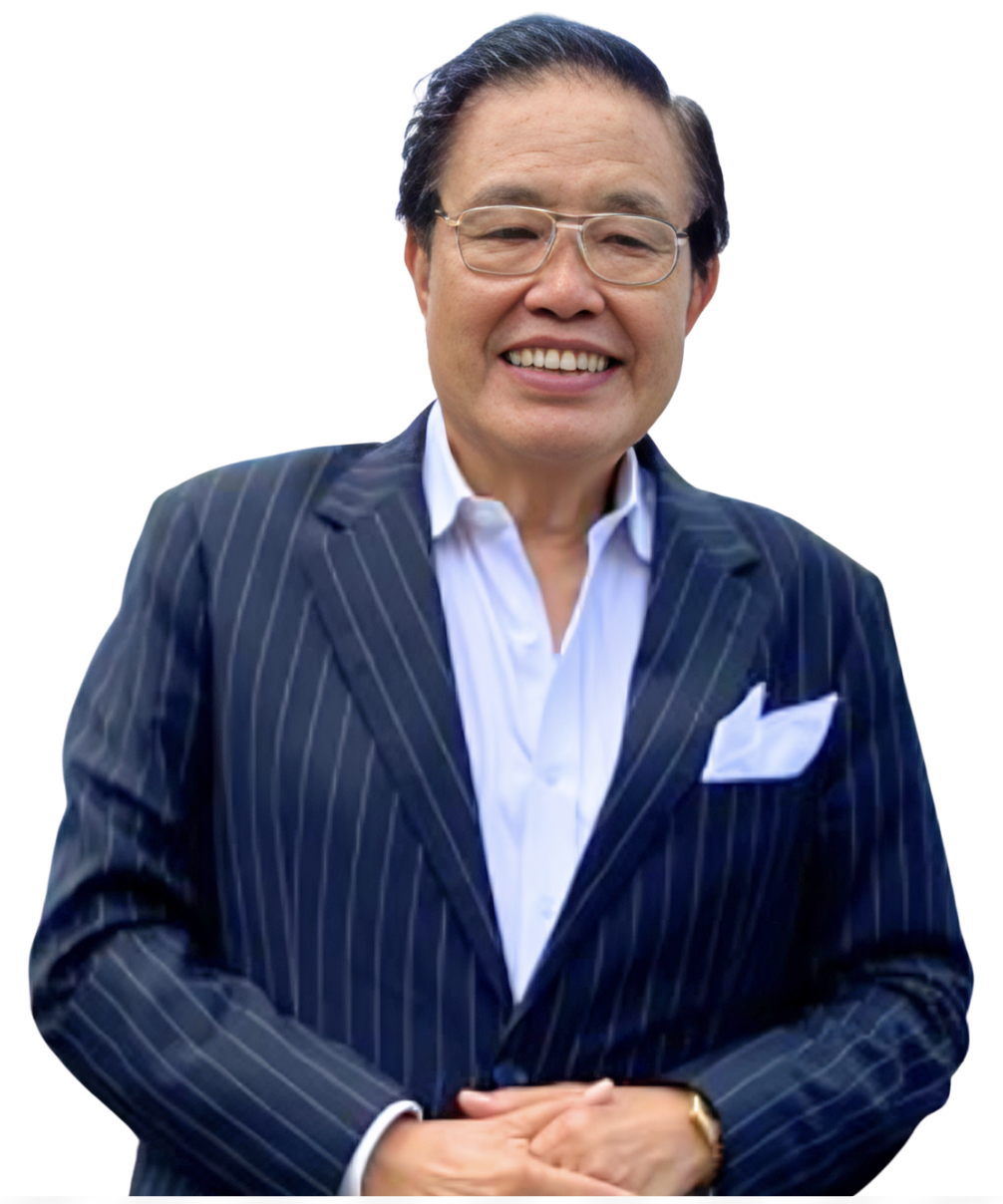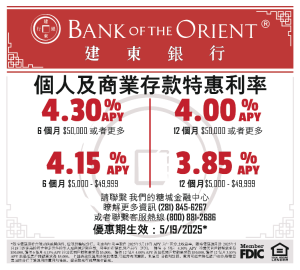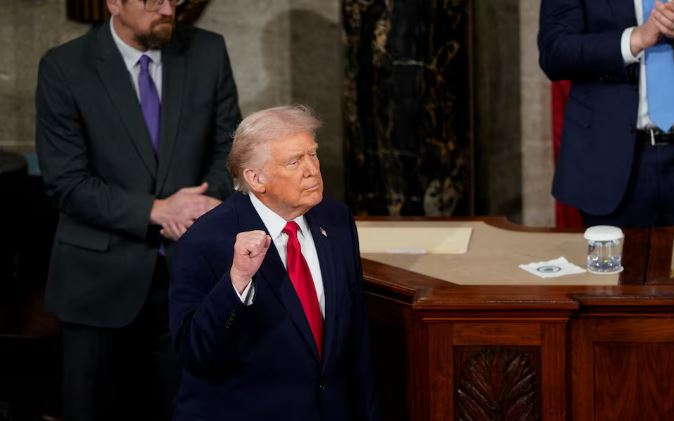川普倡議增加中國留學生至 60 萬人
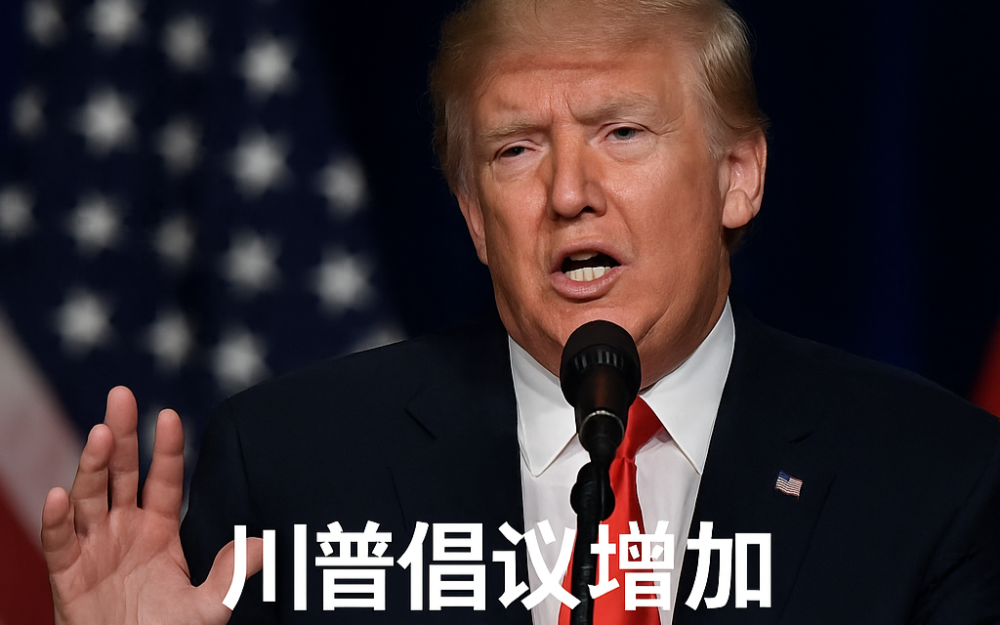
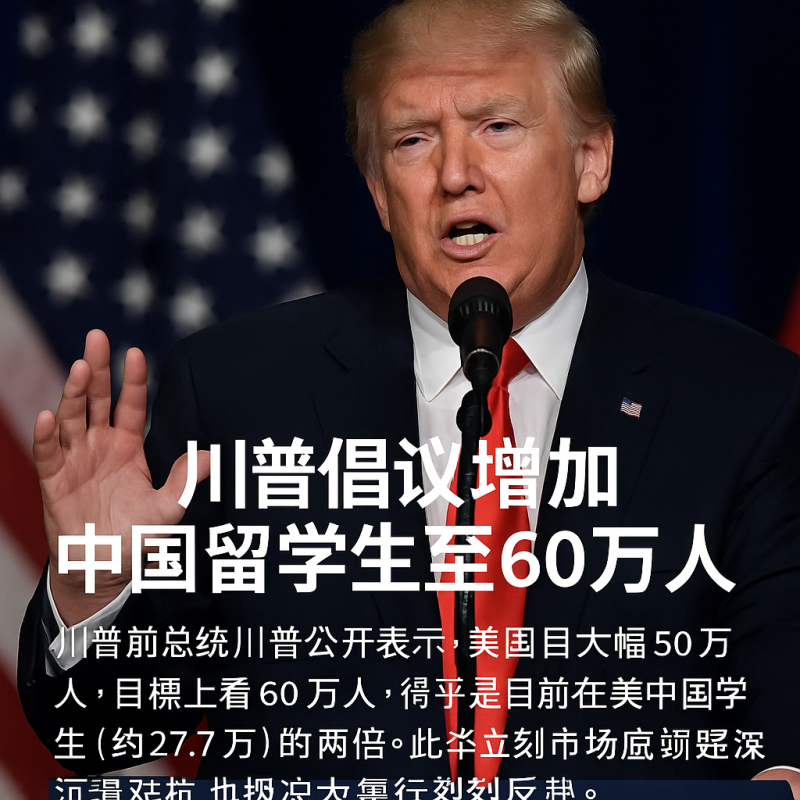
美國前總統川普近日公開表示,美國應大幅提高中國留學生人數,目標上看 60 萬人,幾乎是目前在美中國學生(約 27.7 萬)的兩倍。此舉立刻在美國政壇掀起廣泛討論,也在保守派陣營中引起強烈反彈。
一、川普為何突然「歡迎」更多中國留學生?
維繫美國高等教育的財務結構
川普直言,美國許多大學高度依賴國際學生,
尤其是付全額學費的中國學生,用以補足州政府補助下降與學費收入不足的問題。
他警告說:
「如果我們拒絕中國學生,美國的整個大學體系都會倒下。」
由於中國留學生通常不需補助、且支付最高額的國際學費,對許多大學而言具有關鍵作用。
美國科技競爭需要更多人才
大量中國學生就讀 STEM(科學、技術、工程、數學)科系。
川普陣營部分人士認為,吸引全球頂尖科技人才,是保持美國技術領先的重要方式。
可能作為美中談判的外交工具
分析指出,美國或許藉此向中國釋出有限善意,也可能作為貿易或科技談判的交換籌碼。
二、為何會引發激烈反對?
與川普過去政策矛盾
川普第一任期及 2025 年前期政策皆強調限制中國學生、加強簽證審查,
甚至曾宣稱要「積極撤銷」某些領域的中國學生簽證。
如今突然主張大幅增加,造成政策前後矛盾的疑慮。
國安與學術間諜問題
反對者普遍擔心:
• 中國政府可能利用留學生獲取敏感技術
• 科技研究涉及軍民兩用領域
• 美國已有數起相關間諜與資料外流案例
部分評論指出,若不加強審查而一味增加人數,恐使國安風險上升。
保守派基層強烈不滿
“MAGA”支持者反應最為激烈,認為:
• 這與“America First”背道而馳
• 大量中國學生可能壓縮美國學生名額
• 美國不該在與中國競爭時「向對手敞開大門」
川普的核心支持群中甚至出現分裂。
三、學者與政策界的觀點:利弊鮮明
優點
• 有助穩定美國大學財務
• 吸引國際人才,提升科研競爭力
• 推動文化交流,維持教育出口優勢
風險
• 需要更嚴格的技術領域審查
• 過度依賴單一來源國可能帶來長期風險
• 政策搖擺可能損害國際學生對美國教育的信心
四、結語:政策仍在變化中
目前「60 萬中國留學生」仍是一項口頭政策願景,而非已實施的正式制度。但川普的表態,透露出未來美國在高教、科技競爭與對中關係上的策略調整。
在國安、經濟與外交三股力量的角力之下,美國對中國留學生的政策走向,仍將持續受到高度關注。
Trump Calls for Raising Chinese Student Enrollment to 600,000, Sparking Divided Reactions
Former U.S. President Donald Trump recently stated that the United States should dramatically increase the number of Chinese students studying in American universities, setting a target of 600,000, more than double the current figure of roughly 277,000. The remark has stirred intense debate across political circles, particularly within Trump’s own conservative base.
⸻
1. Why is Trump suddenly “welcoming” more Chinese students?
A. To stabilize U.S. universities financially
Trump argued that many American universities depend heavily on international students—especially Chinese students who pay full, non-subsidized tuition.
He warned that:
“If we turn away Chinese students, we will destroy our entire university system.”
As state funding declines and costs rise, international students have become essential revenue sources for many institutions.
B. To strengthen America’s talent pool in key technologies
A significant portion of Chinese students study STEM fields (science, technology, engineering, mathematics).
Some within Trump’s circle believe attracting global talent is critical to maintaining U.S. leadership in advanced technologies.
C. A possible lever in U.S.–China diplomacy
Analysts suggest that increasing student admissions may function as a bargaining chip in broader trade or technology negotiations with China.
⸻
2. Why is this proposal controversial?
A. It contradicts Trump’s earlier hard-line policies
During his first term and in early 2025, Trump advocated tighter visa scrutiny for Chinese nationals and even vowed to revoke visas in sensitive fields.
The sudden shift has led many to question the consistency of his China strategy.
B. National security concerns
Critics warn that:
• Chinese students could be pressured to share research with Beijing
• Sensitive technologies could be exposed
• Prior cases of academic espionage raise concerns
They argue that a large influx without stronger safeguards could elevate risks.
C. Backlash from the MAGA base
Perhaps the strongest resistance comes from Trump’s own supporters.
Many argue that:
• This policy contradicts “America First”
• American students could lose spots in competitive programs
• The U.S. should not “open the doors” while competing with China
The reaction highlights divisions within the conservative movement.
⸻
3. Analysts: Clear benefits, clear risks
Potential benefits
• Helps stabilize university budgets
• Attracts global talent and boosts research capacity
• Supports U.S. soft power and educational influence
Potential risks
• Requires stricter vetting in sensitive scientific fields
• Over-reliance on one country may create long-term vulnerabilities
• Policy fluctuations may damage America’s reputation among international students
⸻
4. Conclusion: Policy direction still uncertain
The proposed “600,000 Chinese students” is currently an intent, not a finalized policy. However, Trump’s remarks signal a shift in how U.S. leaders may balance national security, economic needs, and competition with China.
As the debate continues, America’s approach to Chinese student visas will remain a closely watched indicator of the future U.S.–China relationship.


